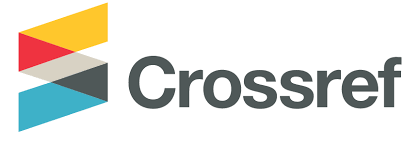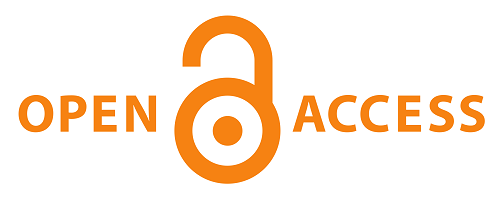Peer Review Policy
Peer review is a fundamental part of the academic publishing process. It refers to the critical evaluation of a manuscript’s quality, originality, and relevance to the journal’s scope. This process not only provides constructive feedback to authors for enhancing their work but also assists the editorial team in ensuring the integrity and academic value of published content.
All manuscripts submitted to the Journal of Taiji Science (JTS) undergo a rigorous review process comprising two main stages: initial editorial screening and double-blind peer review by at least two independent, anonymous experts.
Initial Editorial Review
Upon submission, each manuscript is first assessed by the editorial team to determine its alignment with the journal’s aims, scope, and submission guidelines. During this meeting, one of the following editorial decisions is made:
- Reject
- Consider after Major Revisions
- Consider after Minor Revisions
- Accept without Revisions
Authors are notified of the editorial decision through the Open Journal Systems (OJS), along with specific comments and recommendations where applicable. If revisions are requested, authors must address the comments and resubmit the revised manuscript via OJS.
Double-Blind Peer Review Process
If the manuscript passes the initial screening, it is sent for double-blind peer review. Reviewers evaluate the paper based on the following criteria:
- Originality and relevance
- Clarity and coherence
- Methodological rigor
- Ethical compliance
- Contribution to the body of knowledge
Reviewers provide detailed feedback and select one of the following recommendations:
- Accept – The manuscript is suitable for publication without changes.
- Minor Revisions – Small changes are required before acceptance.
- Major Revisions – Significant changes or additional data are needed before reconsideration.
- Reject – The manuscript does not meet the journal’s standards.
Review reports are shared with the authors via OJS. If revisions are necessary, authors are required to incorporate the feedback and resubmit the updated version within the stipulated deadline.
Reviewer Responsibilities
- Objectivity: Reviews must be fair, impartial, and evidence-based.
- Confidentiality: Reviewers must treat manuscripts as confidential documents and must not share, distribute, or use the content for personal benefit.
- Conflict of Interest: Reviewers must decline the invitation if any conflict of interest exists (personal, financial, institutional, or academic).
- Respectful Communication: Comments should be professional, respectful, and focused on improving the manuscript.
- Timeliness: Reviewers are expected to complete their evaluations within the agreed timeline to ensure timely publication.
Language of Review Reports
All review reports must be written in clear, professional English. The editorial team ensures the clarity of the language and may edit ambiguous terms before sharing feedback with authors.
Transparency and Revisions
If reviewers request to evaluate the revised manuscript, it will be sent for a second round of review. When minor revisions are suggested, the editorial staff verifies the incorporation of all changes before final acceptance. All correspondence and review exchanges are conducted via OJS to maintain transparency and traceability.
Ethical Concerns
If a reviewer suspects misconduct (e.g., plagiarism, data fabrication, or duplicate submission), they should immediately report it to the editor. Reviewers must not attempt to investigate these concerns themselves but should leave the responsibility to the journal's editorial board.
Transferability of Peer Review
In rare cases where a reviewer is asked to review the same manuscript for another journal, they must notify the editorial team. Reusing a previous review report is only permitted with written approval from both journals involved.
Conclusion
The Journal of Taiji Science (JTS) is committed to maintaining a fair, transparent, and rigorous peer review process. The cooperation of reviewers, editors, and authors ensures the academic quality and ethical standards of the journal.












